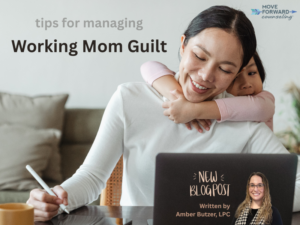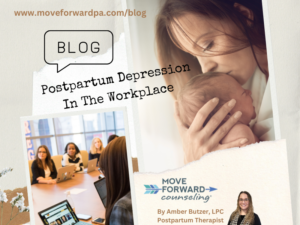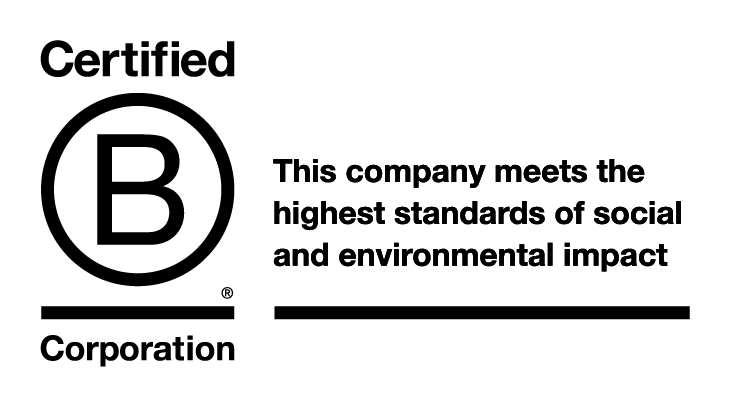It is hard to navigate support for someone with depression. You want the person to feel better and you don’t want to make things worse but you might not know how to approach them or what to say. Without even realizing it you might be tempted to say some things that are not helpful or are even hurtful.
Before we go into what not to say to someone with depression we must talk about what depression is. When someone is depressed they aren’t just feeling sad or sorry for themselves, generally, they are impacted by a chemical/hormonal brain imbalance, faulty mood regulation, genetic vulnerability, compounding stressful life events, medical problems, and/or medications. The bottom line—depression is more than a feeling of sadness, it is a medical condition.
When speaking to someone who is struggling with depression you may use certain phrases that seem clear and to the point from your perspective but for the person with depression they may feel attacked, misunderstood, or even hurt. It is important to be aware of what is helpful and not helpful when addressing a depression suffer.
“You’ll snap out of it”
This phrase minimizes the feelings of a person who is struggling with depression. It is not something they can just snap out of. I am sure if it was that easy they would gladly put it behind them. But it’s not. Depression, as mentioned above, is a medical condition. It requires treatment through therapy, medication, or both. It isn’t as simple as making a choice.
“Think about the people who have it worse than you”
Don’t compare one person’s pain to another. Pain — emotional and physical— is not only subjective but relative. A person’s life on the outside doesn’t always reflect or change, how they feel on the inside. Depression suffers don’t have the internal resources that non-depression suffers have. It can be harder for them to cope with stressful situations in a healthy way.
There is also not always a clear reason why someone is depressed. Trying to find one can often make a depressed person feel even worse. Depression does not need a justification. It is not a competition of who feels or has it worse.
“Cheer up”
This might feel like a friendly, supportive response but it is oversimplifying what the person with depression is feeling. Someone with depression can’t force their brain to make more serotonin and they can’t force themselves to be happy. It doesn’t work like that.

“It can’t be that bad” or “Other people have problems too”
Don’t dismiss the pain of the person. You aren’t in their head or body. You can’t possibly understand how they are feeling or what they are going through.
As hard as it can be, especially if you are feeling burnt out as a support system, avoid shaming or ignoring a person with depression. People with depression appear to be in their heads more than the typical person but that doesn’t mean they are selfish. Comments that shame or ignore what a person with depression is feeling can make them feel like they are a burden to others, and ultimately can make depression worse. Feeling like they are a burden to others can sometimes lead to suicidal thoughts or actions or other self-harming behaviors.
Contact the National Suicide Prevention Lifeline at 1-800-273-8255 for support and assistance from a trained counselor. If you or a loved one are in immediate danger, call 911.
If you are burnt out from being a person’s support system it is time to check-in with yourself and take part in some self-care. Make sure you have your own support system and take time for yourself.
Giving Unsolicited Advice
You can’t fix a person who has depression. You can’t solve their problems. They are likely receiving help from a licensed mental health professional who is guiding them to a healthier path and helping them to cope. They don’t need unsolicited advice from a friend or loved one. If anything such advice may make the person less likely to turn to you for support in the future.

How You Can Help
The best way to help a friend or loved one who is struggling with depression is to listen to them. Tell them you love them. Be there to encourage them and be supportive of their healing process. If they have not yet sought out professional help, you can guide them. Offer to make the call with them to a therapist or counselor. Offer to drive them to the visit.
Don’t forget to take care of yourself. You can’t care for another person if you are running on empty. Consider seeking the help of a licensed counselor or therapist to help you cope.
Ready to begin counseling in Pennsylvania?
At Move Forward, our professionally-trained and licensed counselors have openings. Just call our office at 717-462-7003×1 and speak to our administrative assistant to get started to feeling better. You can get the tailored help you need right now. We are here.




























